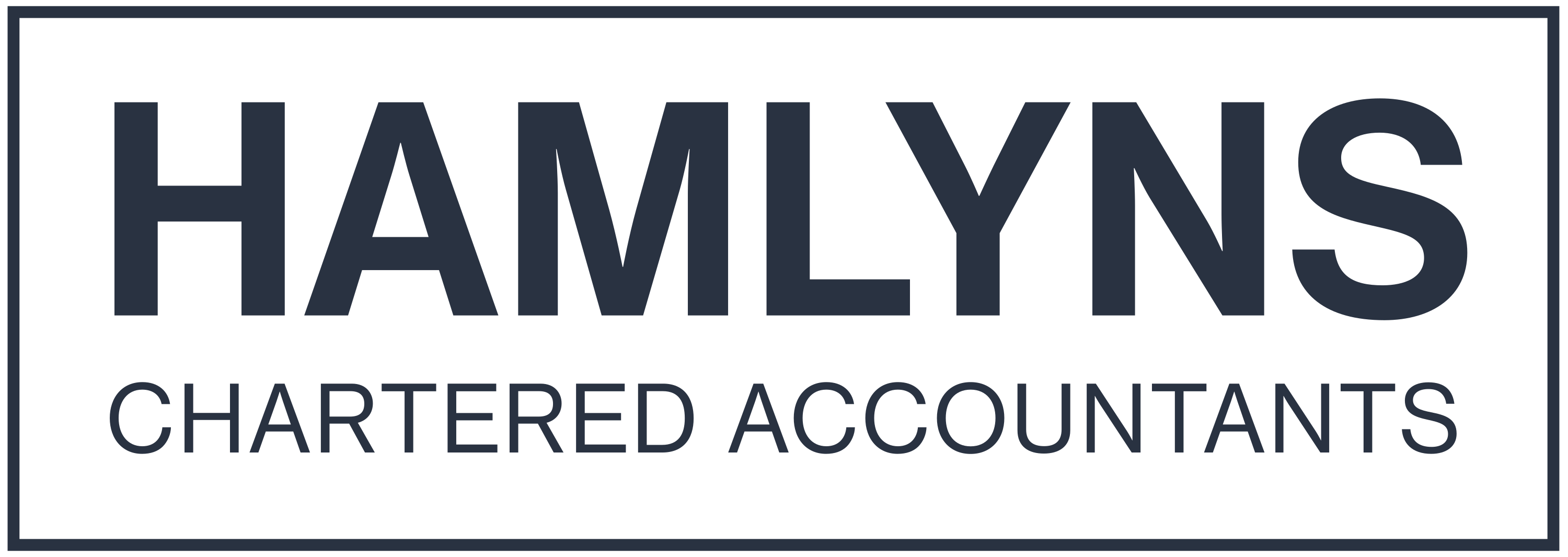Why the UK Inheritance Tax System Needs to be Reformed and Simplified

Why the UK Inheritance Tax System Needs to be Reformed and Simplified
Inheritance tax (IHT) is one of the most contentious taxes in the whole of the UK. Despite it affecting a small percentage of the population, it has sparked fierce debate amongst its advocates and detractors, particularly recently with property prices and interest rates at record highs.
Despite the fact that only 4.2% of deaths triggered an inheritance tax liability in 2021-22, many people still find themselves tangled in a seemingly never-ending net. Compared to income tax or corporation tax, IHT is also notable for its time-consuming, manual processes and relatively low contributions to the Treasury. However, its contribution to tax receipts has become increasingly important in recent years, more by luck than by design. Recent IHT figures show that IHT bills are at record highs of £216,000.
It’s no wonder why there has been growing resentment and an increase in calls for its reform, or even total abolition.
Despite the abolition of inheritance tax being unlikely anytime soon, it’s fair to say that considerable reforms would be most welcomed. Sensible reforms and simplification could make inheritance tax fairer, more automated, and less of a burden on those who have to pay it. In this guide, we’ll take a look at IHT, including how it works, who is obligated to pay it and the key talking points around its proposed reforms.
What is Inheritance Tax?
- IHT is a tax levied on someone’s estate when they pass away
- It applies to estates valued over £325,000 (the current nil-rate band, which has remained the same since 2008)
- Any value above £325,000 is taxed at 40%
- If you give away your home to your children or grandchildren, the threshold can increase to £500,000, or if your estate is under £2 million
- Married couples and civil partners can pass on any unused nil-rate band to each other, meaning their estate has an effective threshold of £650,000
- In 2022-23, IHT raised £7.1 billion for the Treasury
Who Has to Pay Inheritance Tax?
- In 2021-22, only 4.2% of deaths resulted in an IHT charge
- But the Office for Budget Responsibility predicts 6.7% of deaths (totalling 47,000 people) will trigger an IHT charge by 2027/28, particularly with property prices continuing to increase
- More families are getting caught by IHT as house prices increase (particularly in London and the South East) at drastically quicker rates than salaries
The Process of Paying Inheritance Tax
When someone passes away, their estate is put through a step-by-step process to calculate the amount of IHT owed.
- Estate valuation – all existing assets (including property, money, investments, etc.) are valued at the market price at the time of death, with debts and liabilities subtracted.
- Filing an inheritance tax return – If the estate exceeds the nil-rate band, the executors must file the IHT return within 6 months.
- Paying inheritance tax – any tax due must be paid by the end of the 6-month period, either by the beneficiaries or by the deceased person’s bank account.
- Claiming exemptions – Executors of wills and probate can claim exemptions like business relief or agricultural relief to reduce the taxable value.
Main Exemptions from Inheritance Tax
There are several IHT exemptions that absolve someone of liabilities following a death:
- Spouse exemption – All assets left to a surviving spouse or civil partner are exempt from IHT, and any unused nil-rate band can be transferred.
- Charity exemption – Assets left to qualified charities aren’t subject to IHT.
- Business relief – Active trading businesses can get 50% or 100% relief from IHT when left to a successor.
- Agricultural relief – Working farms left to a successor can qualify for up to 100% agricultural relief.
The Argument for Abolishing Inheritance Tax
Scrapping IHT completely would undoubtedly be met with near-universal acclaim by the vast majority of the electorate, irrespective of whether they fall into the payment brackets or not. However, abolition, despite its popularity, is unlikely in the short term.
The main arguments for IHT abolition boil down to the following:
- IHT is an inherently unfair and immoral tax, in which assets that have already been taxed (by income or corporation tax) must be taxed again.
- It harshly taxes those who have worked hard to build up assets and improve their value over time.
- IHT is unnecessarily complicated and flawed, with lots of obscure rules and exemptions that prove difficult to understand.
- At 40%, it is currently one of the highest inheritance tax rates in the world.
- The gifting rules (more on this below) are generally seen as complicated and restrictive.
- Looking at, for example, the US, with its $12 million estate tax exemption, the UK nil-rate band of £325,000 looks comparatively stringent.
- It raises relatively little money for the Treasury compared to income tax (£6bn and £200bn, respectively)
The Case for Retaining but Reforming Inheritance Tax
There are arguments in favour of retaining some form of IHT by making the current system much simpler and more effective.
For instance, it’s argued that IHT promotes social mobility, preventing large sums of wealth from accumulating exclusively for rich beneficiaries, and provides a more streamlined form of wealth distribution to more people. Other advocates of IHT suggest that it incentivises charitable giving by exempting bequests to approved charities.
Ultimately, however, reforms could make IHT simpler and more transparent. Given that the nil-rate band has been long overdue for an increase, now would be as good a time as any to make that happen, among other things.
Here are some suggested reforms that would improve the IHT system:
Simplify Gift Rules and Exemptions
- The gift rules around IHT are complex and create confusion
- Simplify the rules by having one unified annual exemption
- Scrap obsolete exemptions that aren’t useful anymore
Increase the Nil-Rate Band
- Raise the nil-rate band to £500,000 per person from the current £325,000, totalling £1 million for married couples or civil partners
- This would adjust it for property price increases since 2009
- This would also take more modest estates out of IHT altogether
Smooth Cliff Edges
- Currently, IHT is charged at 40% above the nil-rate band
- This discourages retirement planning and creates distortions
- A smoother increase in tax rates above the threshold would remove cliff edges
Simplify Business and Agricultural Reliefs
- Complex rules around business and agricultural relief create loopholes
- Simplify the rules and limit reliefs to genuine active enterprises
Furthermore, if IHT must stay, making the entire process more automated and less manual would create additional flexibility and breathing room for beneficiaries who may be struggling after the death of a loved one.
The Outlook for Inheritance Tax Reform
Realistically, it’s unlikely that IHT will be abolished any time soon. It raises a significant amount for the Treasury (despite being low compared to other taxes) and all taxes on capital and wealth tend to be politically contentious.
However, incremental reforms that increase thresholds and simplify the rules have a chance of gaining political traction. With more families getting caught by IHT through no fault of their own, there is increased social and political pressure to reform the system.
The next few years could potentially see the introduction of a higher nil-rate band, simplification of gift rules, and removal of ineffective reliefs. While the core principles of IHT are likely to remain, these reforms would make the tax work better and cause less resentment.
The above is accurate as of 12/09/2023. The information above is subject to change at any time. The content should not be considered legal advice and each matter considered on a case-by-case basis.
At Hamlyns Chartered Accountants, we recognise that many of our clients feel strongly about the complex and contentious IHT system. However, we have the first-hand experience and industry knowledge to help you make sense of all liabilities and obligations and can outline all of this for you in plain English with no ambiguity.
It’s also likely that if you’ve recently experienced the death of a loved one, you could do without the unnecessary involvement of inheritance tax liabilities. We can take some much-needed pressure off your shoulders guide you through everything that you need to know, and create a workable action plan for you. Contact us today if you would like our professional and diligent team to talk you through any inheritance tax questions you may have.

Patrick Collins
Tax Director





